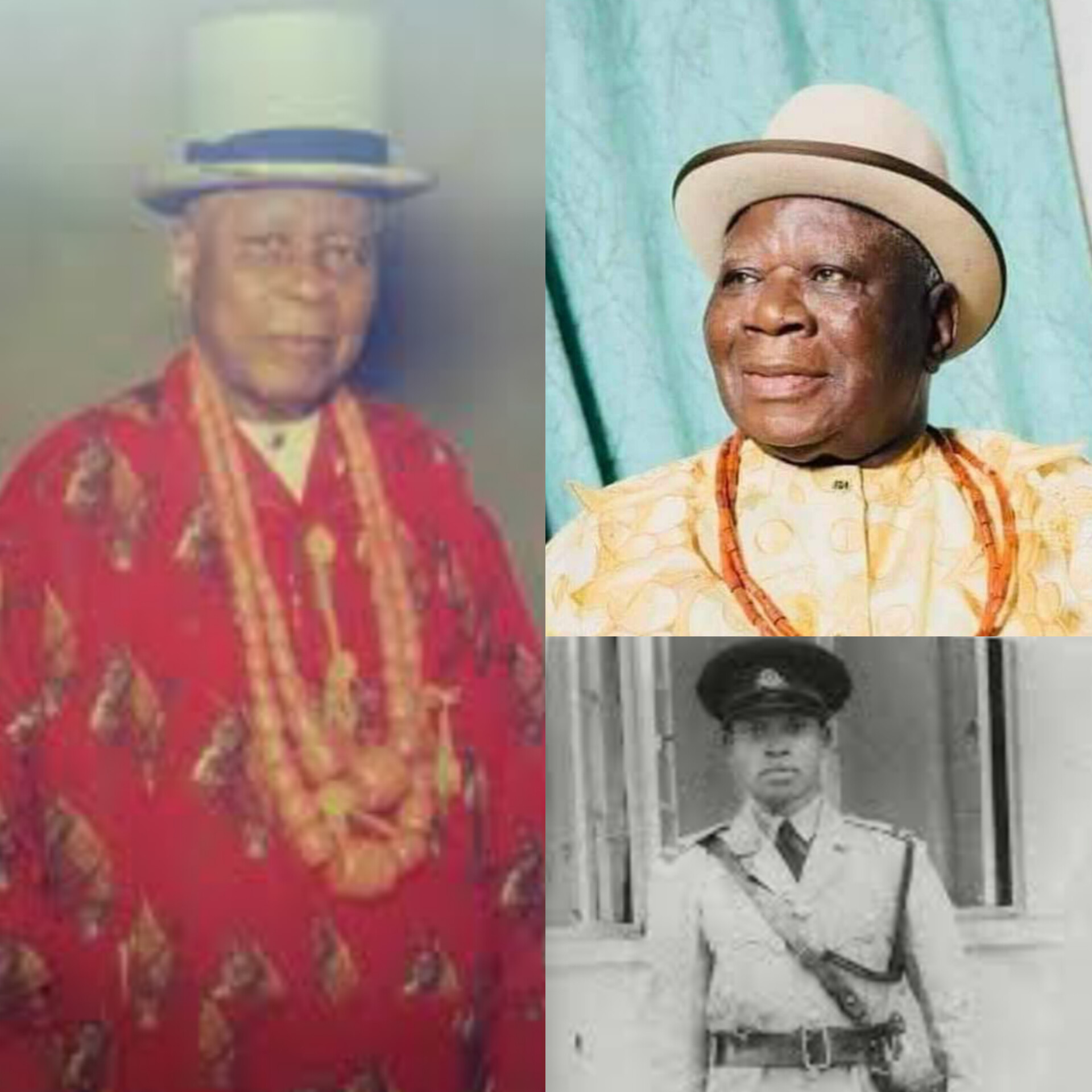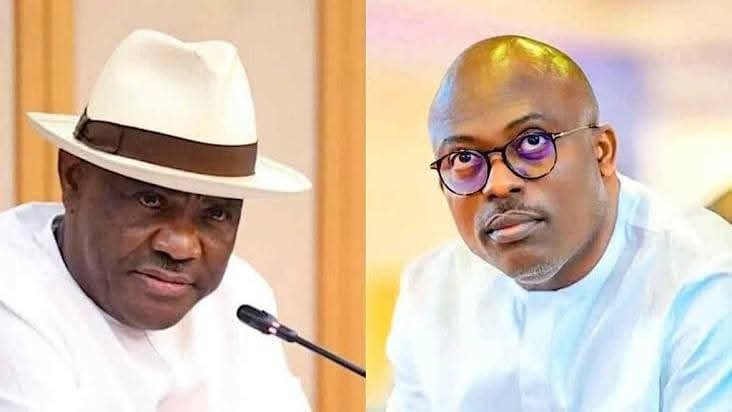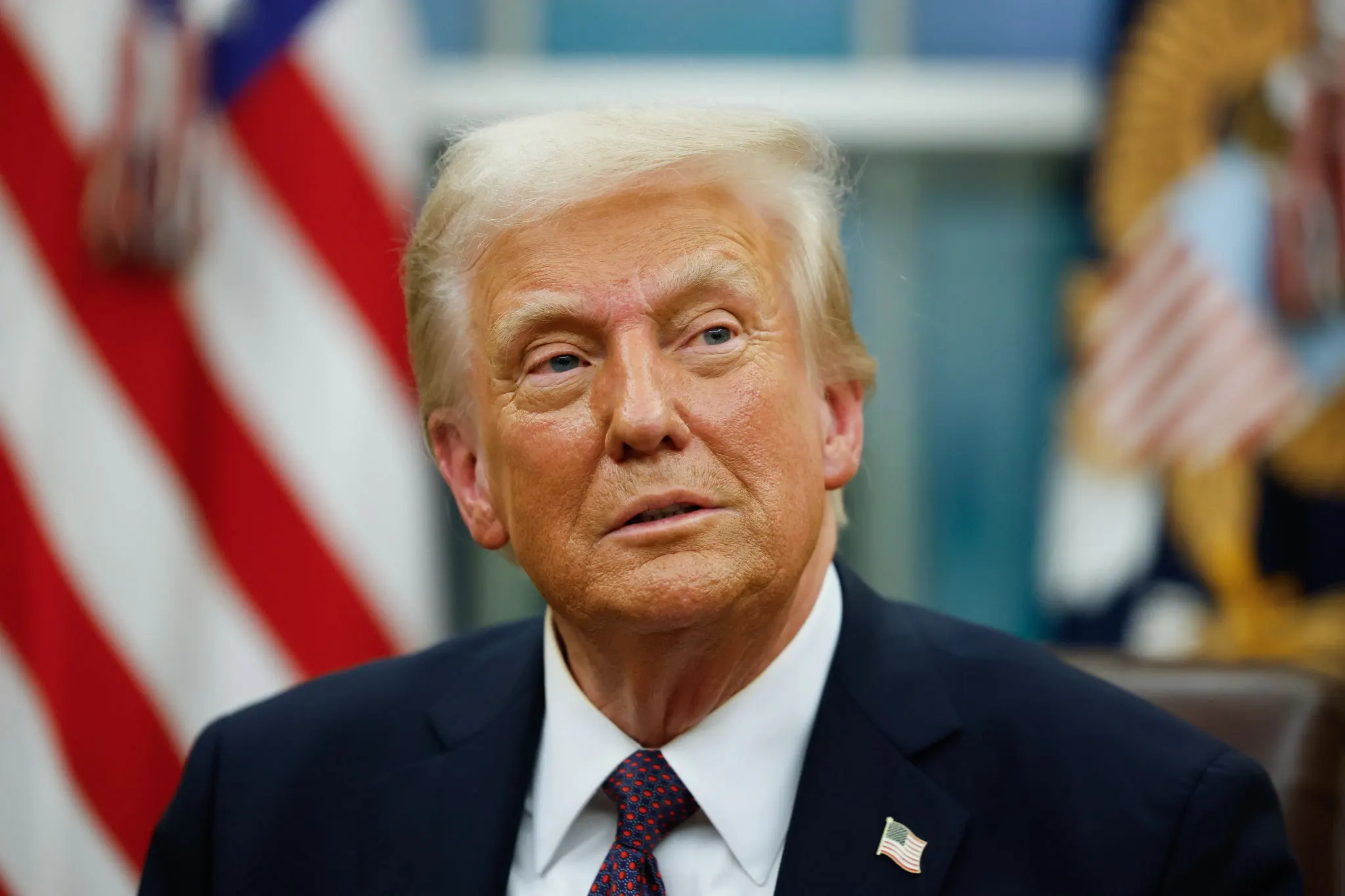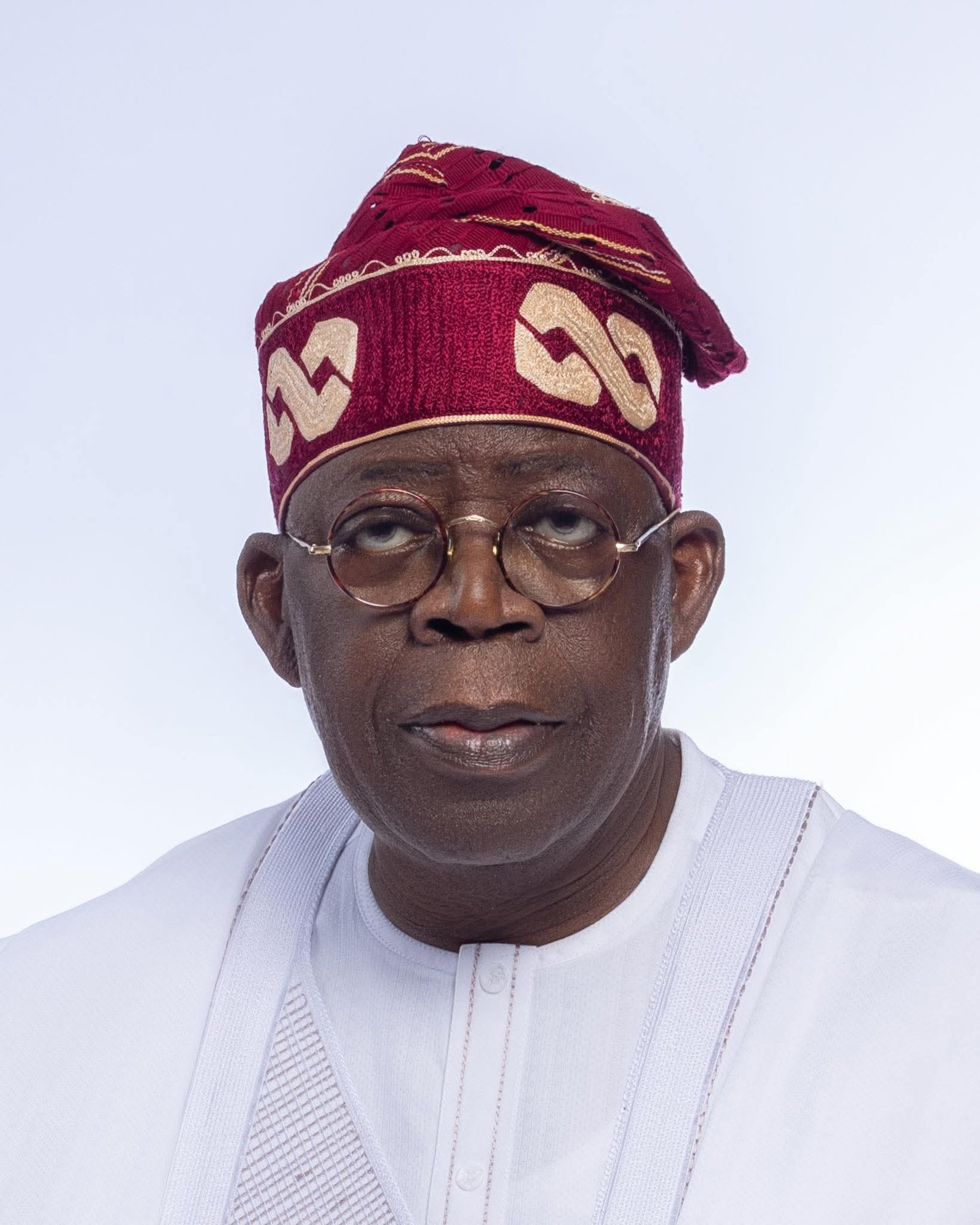By Godknows Boladei Igali
Thank you for reading this post, don't forget to subscribe!BRIEF REFLECTIONS ON THE LEGACY OF HAROLD DAPPA-BIRIYE, ISAAC BORO AND EDWIN CLARK
Today, in this historic town of Kaiama of the great Kolokuma people, we gather to reflect and venerate the life of one of our greatest ever, Isaac Jasper “Adaka” Boro. By happenstance, he passed on 57 years ago i.e., 9th May, 1968 at Ogu in Okrika under mysterious circumstances at the height of the Nigerian Civil War at a youthful age of 29. Like other great revolutionaries in world history, his life was short but typified the saying “A lion’s strength comes not from its physical prowess, but from its unwavering faith.”

For a fact that this year’s celebrations coincide with the burial of another of our heroes, Chief Edwin Kiagbodo Clark, which just took place less than 48 hours ago, that is on 13th May 2025, in his home in Kiagbodo, in Burutu LGA of Delta State, this occasion affords an opportunity to see how our journey has been, and take stock of the heritage left for us by some of our other departed fathers. These further buttress the point that the greatest of nations in the world were not built by super humans or angels but by men and women with exceptional courage, character and candour which they possessed.
ON COURAGE, CHARACTER AND CANDOUR
Bunaotu, let me state that, in a world often driven by ambition, grandstanding, and pursuit of success, the virtues of courage, character, and candour stand as timeless foundations of a meaningful life which defined the life’s journey of our three heroic personalities. These three qualities are intertwined, each enriching the other, and together they shape the essence of integrity and trustworthiness in leaders, individuals and societies. Indeed, they are overlapping concentric sides with a large common area.
I will like to briefly say something about “COURAGE”
Courage is not merely the absence of fear but the determination to act rightly without fear. In Izon, we refer to this as “bie kuro”, or “Ododo Kuro” and “Ye Isieghen”, etc. As a matter of fact, courage manifests in various forms— For example, the soldier on the battlefield must possess courage to face the enemy no matter how defeating. But for Boro and our other heroes, it was often that challenging the status quo, and pursuing truth even when it was uncomfortable.
On the other hand, to speak about CHARACTER, is to reflect on the inner moral structure of a person. It is forged in the crucible of the choices, small and large, made everyday. A person of strong character is guided by principles and norms; not by what is convenient. In the Izon language we refer to character as “Biye ebi” or “gerede keme.” Such individuals remain steadfast in their values, whether or not anyone is watching. It is true that Character may be inherited, but it is built through perseverance, humility, and ethnical consistency. It is a lifestyle of honesty and integrity.
Finaly, CANDOUR which is the quality of being open, honest, and transparent. This is essential for trust and meaningful relationships. In an age where diplomacy sometimes blurs into deception, candour serves as a breath of fresh air. It requires courage to be candid, especially when truth may hurt or provoke. In another sense, candour refers to the capacity to be able to read the times with clarity. That is knowing what to do and when. In Izon, we refer to it as “Kirina”. Yet, candour is what fosters genuine communication and enables progress, whether in personal relationships, business, or politics. These three virtues reinforce each other as we shall now see in the life of the great heroes of the Ijaw nation.
Harold Dappa-Biriye Biography Summary
Born in 1920 and hailed from the great coastal metropolis of Grand Bonny, Dappa Biriye was an influential nationalist and politician who championed the rights of minority ethnic groups in Nigeria. A product of Nigeria’s Prime School for Boys – Kings College, Lagos – he was instrumental in bringing together all Ijaws in Nigeria with the formation of Ijaw People’s Union in Lagos in 1941. Also, he was a founding figure in the COR (Calabar, Ogoja ad Rivers) Movement as well as the formation of the Niger Delta Congress (NDC) political party in the 1950s.
Against the orthodoxy of National Council of Nigeria and the Cameroons (NCNC) dominance in the Eastern region, the NDC contested federal elections in 1959 and won a seat. He boldly advocated for the political inclusion of the Niger Delta people at the London Constitutional Conference in 1957, leading to the setting up of the Willinks Commission, and the Niger Delta Development Board (NDDB) in 1961. These all took place at a time when minority voices were marginalised. His push for state creation required dominant regional powers, culminating in the eventual creation of Rivers and Bayelsa States in 1962 and 1996 respectively.
Dappa Biriye believed in peaceful negotiation, political engagement, and federalism as the pathway to justice for minority groups. His belief in unity-within-diversity was consistent throughout his life. He was respected for his diplomacy, calm demeanour, and integrity. Dappa Biriye is remembered as a firm and principled leader who sought sustainable development for his people the Ijaws and indeed the entire Niger Delta. He was fearless and charismatic, but full of tact and respectable demeanour, through constitutional means.
Isaac Adaka Boro
Born in 1938 in Oloibiri (Bayelsa State) to parents of Kaiama origin, Boro was an Ijaw nationalist and revolutionary. A former student union leader at the University of Nigeria Nsukka, and serving officer of the Nigerian Police Force (on study leave), in 1963. Barely at the age of 25, he took the Federal Government of Nigeria, led by Sir Abubakar Tafawa Balewa to court over electoral irregularities. So, despite being a minority, he openly challenged the status quo at the time, ultimately declared the Niger Delta Republic in 1966 and led a 12-day armed insurgency which lasted from 23rd February to 5th March, demanding self-determination for the Ijaw people.
So, Boro, accompanied by one Samuel Owonaru and Nottingham Dick both of whom were his cousins, took the unprecedented step of open armed rebellion against the Nigerian state, risking their lives for the cause of justice and equity for the Niger Delta people. His actions were seen as both daunting and unprecedented in the life of the then infant state Nigeria.
Boro was fiercely committed to the belief that the oil producing Niger Delta deserved a fair share of Nigeria’s resources. His memoir “The Twelve-Day Revolution” shows deep ideological conviction which was rather utopian, egalitarian and left lining. Thereafter, his sentencing to death under the Head of State, General Aguiyi Ironsi, was made, but subsequently relieved by Gen. Yakubu Gowon who brought him to the vanguard to “Keep Nigeria One”. Signifying his candour and uncommon presence of mind, i.e. knowing what to do at the right time, Boro joined the Federal side in the Nigerian civil War (1967-1970) as a Major. Unfortunately, after gallantly liberating Bonny from rebel forces, Boro and most of his followers who also enlisted in the Nigerian army, paid this prize of honour and sacrifice with their lives.
Though some may regard him as controversial, Boro is revered as a martyr in many Niger Delta communities especially among the Ijaws. He was passionately, radical, and idealistic with his lifelong mantra which pointed toward justice for the Niger Delta people, even at a great personal cost.
Chief Edwin Kiagbodo Clark Biography Summary
Born in 1927 in Kiagbodo Delta State, into an affluent and influential Ijaw family of Fuludu-Ambakederemo Clark, he was a veteran Nigerian politician, lawyer, and elder statesman. He served severally as a State Commissioner, Federal Commissioner, Senator and has a strong voice for resource control and regional equity, especially for the Ijaw and Niger Delta communities.
Pa Clark consistently spoke truth to power—even under military regimes. His open criticism of injustice, and his bold advocacy for resource control and for the environment of the Niger Delta, marked him as a fearless political figure.
A tireless believer in federalism, restructuring and minority right, Clark has used both legal and political avenues to press for regional autonomy and equity in resource distribution. He is known for his outspoken nature, resilience, and loyalty to the Niger Delta cause. Though polarizing in the view of some, Clark’s commitment never wavered, and he remained a father figure in Nigerian politics.
A Few Words of Charge
Looking at all these three heroes of the Ijaw nation and the Niger Delta, Dappa-Biriye symbolized different aspects of common traits and attributes such as diplomatic courage and integrity; Boro embodied revolutionary courage and youthful idealism; while Edwin Clark represented strategic courage and enduring advocacy. All three are bound by a shared goal: justice and equity for the Niger Delta, each walking different paths—but with unshakable courage, deep conviction, and enduring character.
As for Dappa-Biriye, we learn the strength of vision. This Ibani son fought, not with violence; but with wisdom, diplomacy, and relentless advocacy. He believed in negotiation and intellectual radicalism.
Ladies and Gentlemen going forward, we must continuously pursue building stronger political institutions and alliances across Nigeria as a key to gaining more leverage in national affairs. Also, let us not give up on Economic Empowerment and Environmental Justice. So, our voices must be heard on the continued push for resource control, clean up of our polluted lands, and sustainable development.
Furthermore, relying on the original covenant entered together by our founding fathers, the Ijaw nation should sustain the demand for true federalism which remains central to our future within Nigeria.
Conclusion
In closing, let me state loud and clear that the Ijaw nation, the fourth largest ethnic group in Nigeria, has long been at the centre of Nigeria’s oil politics and regional struggles. Prominent leaders like Harold Dappa-Biriye, Isaac Adaka Boro, and Edwin Kiagbodo Clark have played pivotal roles in shaping the socio-political landscape of the Ijaw people. Their legacies, though distinct, converge on the common goals of justice, equity, and recognition for the Ijaws in Nigeria’s federal structure.
In addition to these, at different epochs, so many other heroes came and are long gone. Just to mention a few, these include; King Jaja of Opobo, King Koko of Nembe, and King Ibanichuka of Okirika in the most ancient times of pre-colonial Nigeria. In our more recent times were Melford Okilo, DSP Alamieyeseigha and Oronto Douglas, amongst others.
Today, they are all gone and the baton has been passed to us to keep flaming along. Their lives remind us that the path to justice can take many forms — diplomacy, activism, political engagement or defiant resistance – just as we have seen in recent times with the efforts of MOSIEND, MEND, AVENGERS, and the like. Yet, peace is still far away from us as the entrenched injustices are still looming large.
So, the future of the Ijaw nation will depend on how well current and future leaders synthesize these approaches to address enduring challenges and pursue lasting equity within the Nigerian political biosphere.
Lastly, let me turn to our youth who are actually our treasured future. Remember that in our land, rich with promise as Nigerians, we are all burdened by injustice of diverse dimensions. But then, a walk in the soil of Kaiama where we stand does bear the footprints of heroes and pathfinders and indeed the rest of the Ijaw nation. These were men and women who did not wait for the change to come to meet them but became agents of change. So, on this 57th memorial of Major Isaac Adaka Boro, Bayelsa, and indeed the Ijaw nation should rise in courage, conviction and in character as did Dappa Biriye, Issac Boro and Edwin Clark.
Thank you very much and God bless.
*Being a speech by Amb. (Dr.) Godknows Boladei Igali, OON, National Chairman, Pan Niger Delta Forum (PANDEF) @ Boro’s Day Celebration in Kaiama, Bayelsa State on 15th May, 2025
Kindly share





